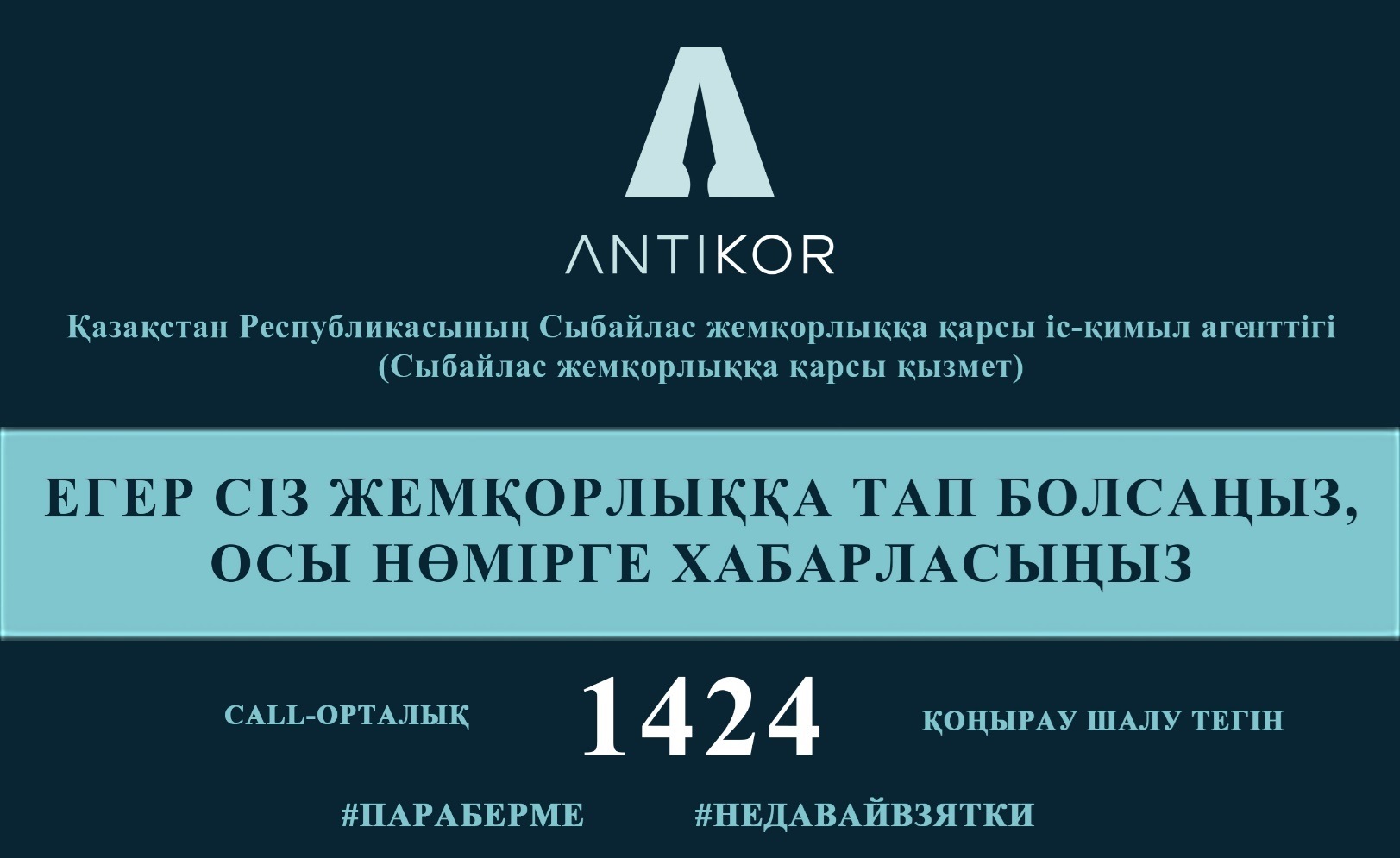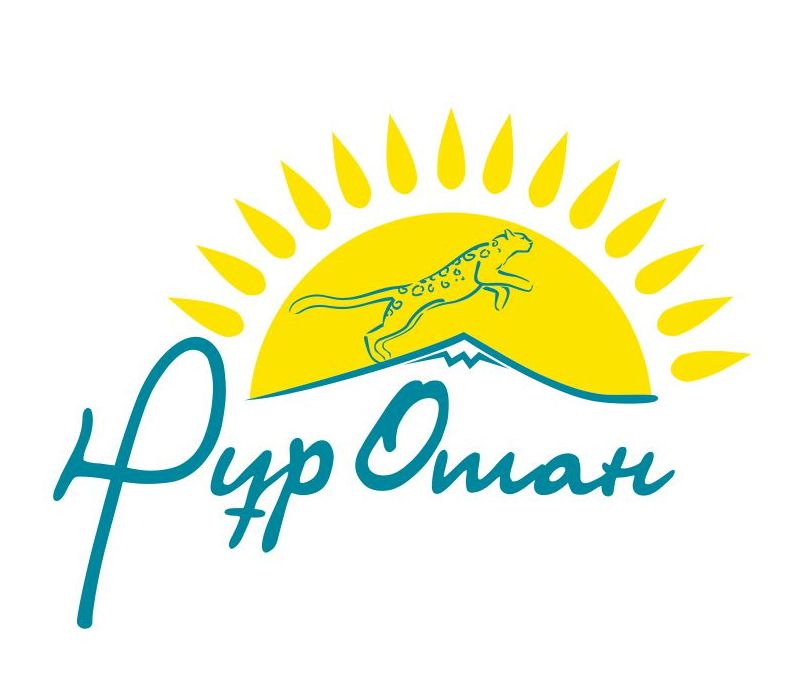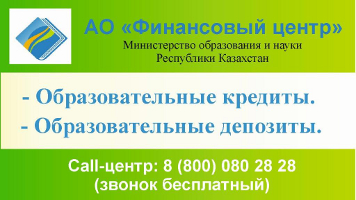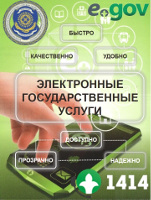
Жақсы ауданының білім беру ұйымдарында сабақты тоқтату кезінде қолайсыз ауа райы метеожағдайларының ұсынылатын көрсеткіштері
Жақсы ауданының білім беру ұйымдарында
сабақты тоқтату кезінде қолайсыз ауа райы метеожағдайларының ұсынылатын көрсеткіштері
Төмендегі жағдайларда сабақ өткізу тоқтатылады:
Желдің жылдамдығы секундына кемінде 2 метр болғанда:
- 1-4-сынып оқушылары үшін сыртқы ауа температурасы – 270 С;
- 1-9-сынып оқушылары үшін сыртқы ауа температурасы – 300 С;
- 1-11 сынып оқушылары үшін сыртқы ауа температурасы – 350 С және одан төмен.
Желдің жылдамдығы секундына 2 метр және одан жоғары болғанда:
- 1-4-сынып оқушылары үшін сыртқы ауа температурасы – 250 С;
- 1-9-сынып оқушылары үшін сыртқы ауа температурасы – 270 С;
- 1-11 оқушылары үшін сыртқы ауа температурасы – 300 С және одан төмен.
Сабақтар қатты көктайғақ кезінде тоқтатылады:
- 1-4 сынып оқушылары үшін желдің жылдамдығы секундына кемінде 6-7 метр;
- 1-9 сынып оқушылары үшін желдің жылдамдығы секундына кемінде 8-9 метр;
- 1-11сынып оқушылары үшін желдің жылдамдығы секундына 10 метр және одан жоғары.
Боран күшейген және көру мүмкіндігі қиындаған жағдайда 1-11 сынытарда сабақ тоқтатылады.
 Ұйымдар тізімі
Ұйымдар тізімі

Новости
Галерея
Short term plan
|
Unit 3 Values Term 2 LESSON: Friendship 2 |
School: Kiyma secondary school named after Gubaidolla Abdrahmanova
| ||||||||||||||||||||||||||||||||||||||
|
Date: |
Teacher name: Samurat N | ||||||||||||||||||||||||||||||||||||||
|
CLASS: 5 |
Number present: 10 |
absent: 0 | |||||||||||||||||||||||||||||||||||||
|
Learning objectives(s) that this lesson is contributing to |
5.L2 understand an increasing range of unsupported basic questions which ask for personal information 5.S6 communicate meaning clearly at sentence level during, pair, group and whole class exchanges 5.C9 use imagination to express thoughts, ideas, experiences and feelings | ||||||||||||||||||||||||||||||||||||||
|
Lesson objectives |
All learners will be able to: | ||||||||||||||||||||||||||||||||||||||
|
· develop listening skills through watching a story about “Lion and mouse” · improve speaking skills by working in pairs, groups and whole class · express ideas including emotions and senses · portray various characters as roleplaying a story · Describe your best friend | |||||||||||||||||||||||||||||||||||||||
|
Most learners will be able to: | |||||||||||||||||||||||||||||||||||||||
|
· develop listening skills through watching a story about “Lion and mouse” · improve speaking skills by working in pairs, groups and whole class · express ideas building simple sentences · portray various characters as roleplaying a story · work with book | |||||||||||||||||||||||||||||||||||||||
|
Some learners will be able to:
| |||||||||||||||||||||||||||||||||||||||
|
· develop listening skills through watching a story about “Lion and mouse” · improve speaking skills by working in pairs, groups and whole class · express ideas building extended sentences · portray various characters as roleplaying a story · work with book | |||||||||||||||||||||||||||||||||||||||
|
Language objectives |
Use present simple , adjective | ||||||||||||||||||||||||||||||||||||||
|
Value links |
Respect, Support the friends | ||||||||||||||||||||||||||||||||||||||
|
Cross curricular links link |
Psychology | ||||||||||||||||||||||||||||||||||||||
|
ICT skills |
Smart board for presenting a video | ||||||||||||||||||||||||||||||||||||||
|
Intercultural awareness |
Students will be able to understand that significance of friends role in the human life | ||||||||||||||||||||||||||||||||||||||
|
Kazakh culture |
Students will be able to value the work in Kazakh culture | ||||||||||||||||||||||||||||||||||||||
|
Pastoral Care |
Students will be able to understand the importance of respecting values | ||||||||||||||||||||||||||||||||||||||
|
Health and Safety |
Everyday classroom precautions will ensure that safety measures are provided to prevent the exposure of electrical power cards | ||||||||||||||||||||||||||||||||||||||
|
Previous learning |
Friendship 1 | ||||||||||||||||||||||||||||||||||||||
|
Plan | |||||||||||||||||||||||||||||||||||||||
|
Planned timings |
Planned activities |
Resources | |||||||||||||||||||||||||||||||||||||
|
Lesson 1 Beginning
5-min
|
Class organisation Warm-up and lesson objectives presentation Warm-up (W, I) Learners are organized into the circle to describe their friends
Watch the video and guess the topic (W) Watching the video the learners are asked to predict the topic of the lesson.
Teacher introduces the lesson objectives.
|
PPT
| |||||||||||||||||||||||||||||||||||||
|
Middle 6-min
1-min
7-min
8-min
1-min
7-min
|
Vocabulary (W) 1.Introducing the new words with happy, angry face. 2. They open dictionaries then write down the new words Squeak [skwiːk] гүрілдеу Slide [slaɪd] қозғалыс Laugh[lɑːf] күлкі Wide[waɪd] кең roar [rɔː] қарқылдап күлу
3. Teacher asks learners to put the words into correct group and check as a whole class.
(Little, kind, big, lion, wide, slide, walk, run, squeak, laugh, mouse, roar.)
Lead-in (W, I) Pre – listening Work with pictures. Students, look! What is it? Students: it is a lion. Teacher asks students if a lion and a mouse can be friends. Why yes or no? Why?
While - listening (I) Task 1. Listen to the story and put the pictures in order. Task 2. Write the number of the picture in exercise 1.
Students listen to the story correctly then they put the pictures in order. They will do 2 tasks. They will check their answer. Deor: I will provide for less able learners prompt support
Post- listen in Role play (G) Learners in 3 (narrator, lion, mouse) role-play the story. 1. They will read a story about “ The lion and the mouse” 2. Three students will be a narrator, a lion, a mouse. 3. Students will play role play.
Differentiation Less able students are let to read the roles from the text.
Warm up Students stand all together and do exercise with verbs and adjectives. For example: big, small, wide, slide, squeak, laugh, roar, walk, run.
Writing. (W) Describe your friend using adjectives. Pupils will tell their best friends Pupils will describe their friends.
|
PPT
PPT
Handout 1
https://learnenglishkids.britishcouncil.org/ru/short-stories/the-lion-and-the-mouse
Handout 2
| |||||||||||||||||||||||||||||||||||||
|
End 5-min
|
Reflection (W) Teacher asks students could a lion and a mouse be friends ? Why?
Teacher asks students remember that everyone has different talents and abilities.
Self assessment. Using five fingers. If they completely understand to show five fingers If they mostly understand to show four fingers If they understand pretty well show three fingers If they could use more practise to show two fingers If they need help to show a finger
Home task: Make up sentences using new words
|
PPT
| |||||||||||||||||||||||||||||||||||||
|
Additional information | |||||||||||||||||||||||||||||||||||||||
|
Differentiation – how do you plan to give more support? How do you plan to challenge the more able learners? |
Assessment – how are you planning to check learners’ learning? |
Cross-curricular links Health and safety check ICT links Values links
| |||||||||||||||||||||||||||||||||||||
|
· More support can be given at the start and in middle of lesson by providing less-able learners with story vocabulary in a word list so they can read examples of words seen or heard. · Learners who are less confident at making up dialogue, can be given copies of parts of the dialogue from the story to read aloud. · More-able learners can be encouraged to use the full range of language from the video when they practise the role-play. |
· Monitor how much vocabulary learners can recall from images on the video without sound and then from video with sound.
· Monitor learners as they reorder events from the story. Can they read and understand each event and can they sort them into chronological order? Notice any sentences which are difficult for learners to understand and adapt for a future lesson. · Monitor groups of learners as they agree on and practise dialogue for the role-play activity. Do they take turns to speak? Do they contribute appropriate language for the role-play? |
· Links to the L1: Do learners know this story in the L1 and do they know any other Aesop’s fables? · Make sure learners have sufficient space to act out the role-play. · As the unit is on the topic of values, it is very important to leave time to discuss the end two questions with the whole class. | |||||||||||||||||||||||||||||||||||||
|
Reflection Were the lesson objectives/learning objectives realistic? What did the learners learn today? What was the learning atmosphere like? Did my planned differentiation work well?
Did I stick to timings? What changes did I make from my plan and why?
|
Use the space below to reflect on your lesson. Answer the most relevant questions from the box on the left about your lesson. | ||||||||||||||||||||||||||||||||||||||
|
| |||||||||||||||||||||||||||||||||||||||
|
Summary evaluation
What two things went really well (consider both teaching and learning)?
1:
2:
What two things would have improved the lesson (consider both teaching and learning)?
1:
2:
What have I learned from this lesson about the class or individuals that will inform my next lesson?
| |||||||||||||||||||||||||||||||||||||||



 Мектепке дейінгі балалар ұйымына жолдама қалай алуға болады
Мектепке дейінгі балалар ұйымына жолдама қалай алуға болады
 Мектепке тіркеу үшін құжаттарды қабылдау
Мектепке тіркеу үшін құжаттарды қабылдау
 Құстар – біздің досымыз
Құстар – біздің досымыз














